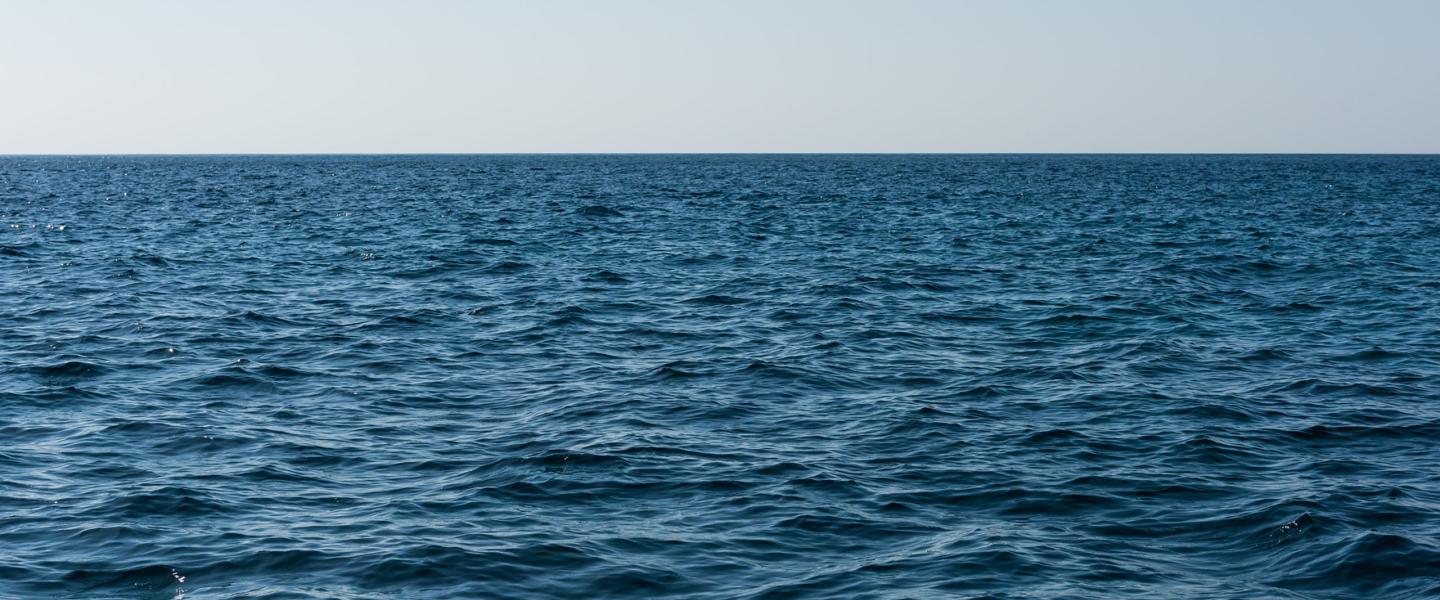
Article first reported in Phuket Wan Tourism NewsPicture: HRAS.
UPDATE We Beg for Your Help, Says Thirsty Boy as Passengers Weaken on Stranded Death Ship
By Chutima Sidasathian and Alan Morison
Wednesday, May 13, 2015.
BANGKOK: An exhausted refugee on a stranded boat told Phuketwan today that life is slowly ebbing from the men, women and children on the ship, one of seven boats unwanted by the nations of South East Asia.
The person answered the telephone call today with a weakened voice: ”As-Salam alaykum,” (hello) he breathed. His voice was barely audible and he spoke in the Rohingya language.
Through a translator, he said: ”There are 400 of us on board. Some are already dead, but I cannot tell you how many because I do not have the strength to move around the ship.
”We have been at sea for a month.
”This is a Thai trawler, modified to carry people. We are not sure where we are. We have used up most food and water.
”We beg for your help.”
Phuketwan rigged a connection between mobile telephones that was enabling the 15-year-old passenger, in a faint voice, to relay what information he knew about the fleet of seven vessels to an activist who speaks Rohingya.
The boy gave his name as Abdul Rahamad. Sea and wind could be heard as he spoke.
”The boat has about 400 people on board,” he said. ”Thai and Myanmar brokers [the regional term for traffickers] were on the boat when we left Myanmar one month ago.
”We have been out of food and water for 10 days. When I last heard a figure, there had been 22 deaths on board. It’s very crowded.
”The Myanmar Navy came and damaged the motor of the boat so that it could not work. The two brokers left on a small boat that picked them up and took them away.
”I can see the mountains on an island. It looks about an hour away. We must still be in reach of land.
”Many people are exhausted and unable to move. There is no energy on this ship.”
Q: Are there many other boats nearby?
”Yes, we see plenty of other boats. But none of them come to help.”
Q: What are conditions like on the boat? Can you tell me?
”We expect there will be more deaths and that they will come more quickly now.”
Q: Where did you get the telephone from?
”There were three mobile phones on the boat. The Thai broker bought simcards to make sure we could contact relatives to demand ransom.”
Q: How come you still have battery power?
”We have been using them one at a time. So we still have a little power left. Before the engine was wrecked, we could use that to recharge the telephones.”
Q: What do you think will happen next
”We are adrift and we do not know what will happen next. Now all we can is wait for help. We do not know whether we will die in the middle of nowhere,
”Other boats do not stop. Nobody cares.”
Chris Lewa of the Arakan Project, which assesses the numbers of departing boats and interviews survivors, said she had been in touch with a different boat yesterday.
”It was distressing,” she said today. ”I could hear people yelling in the background, asking for food and water.”
That boat had 350 on board. There were 84 children and 50 women, Ms Lewa said she was told.
”I was told there had been many deaths but sometimes people exaggerate if they really need help,” she said. ”We would like to see them rescued as soon as possible.
”The question is, who will rescue them?”
Ms Lewa said the Arakan Project was being contacted by people in Bangladesh, concerned about family members missing on boats.
As many as 8000 people are believed to be stranded because of the more strict attitude being taken by Indonesia and Malaysia following a crackdown on trafficking camps in Thailand.
Note: Human Rights at Sea is not able to necessarily corroborate or assure the accuracy of third party reporting, but makes every reasonable effort to assure that all information published is as accurate as possible.
